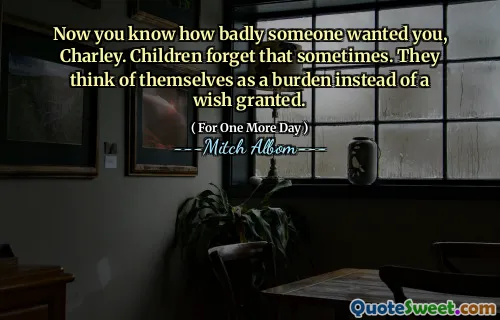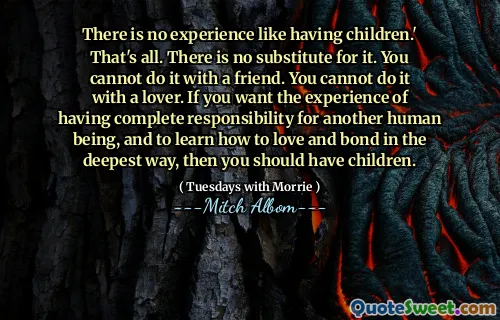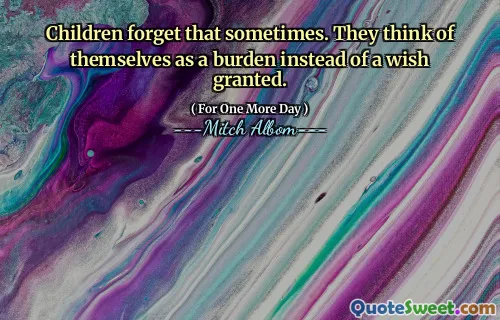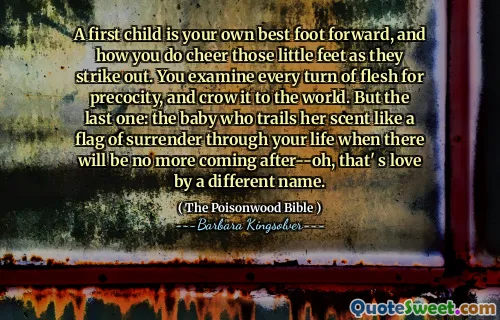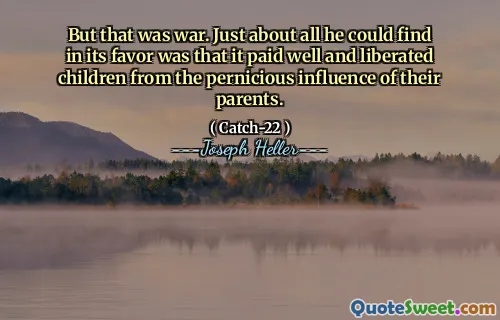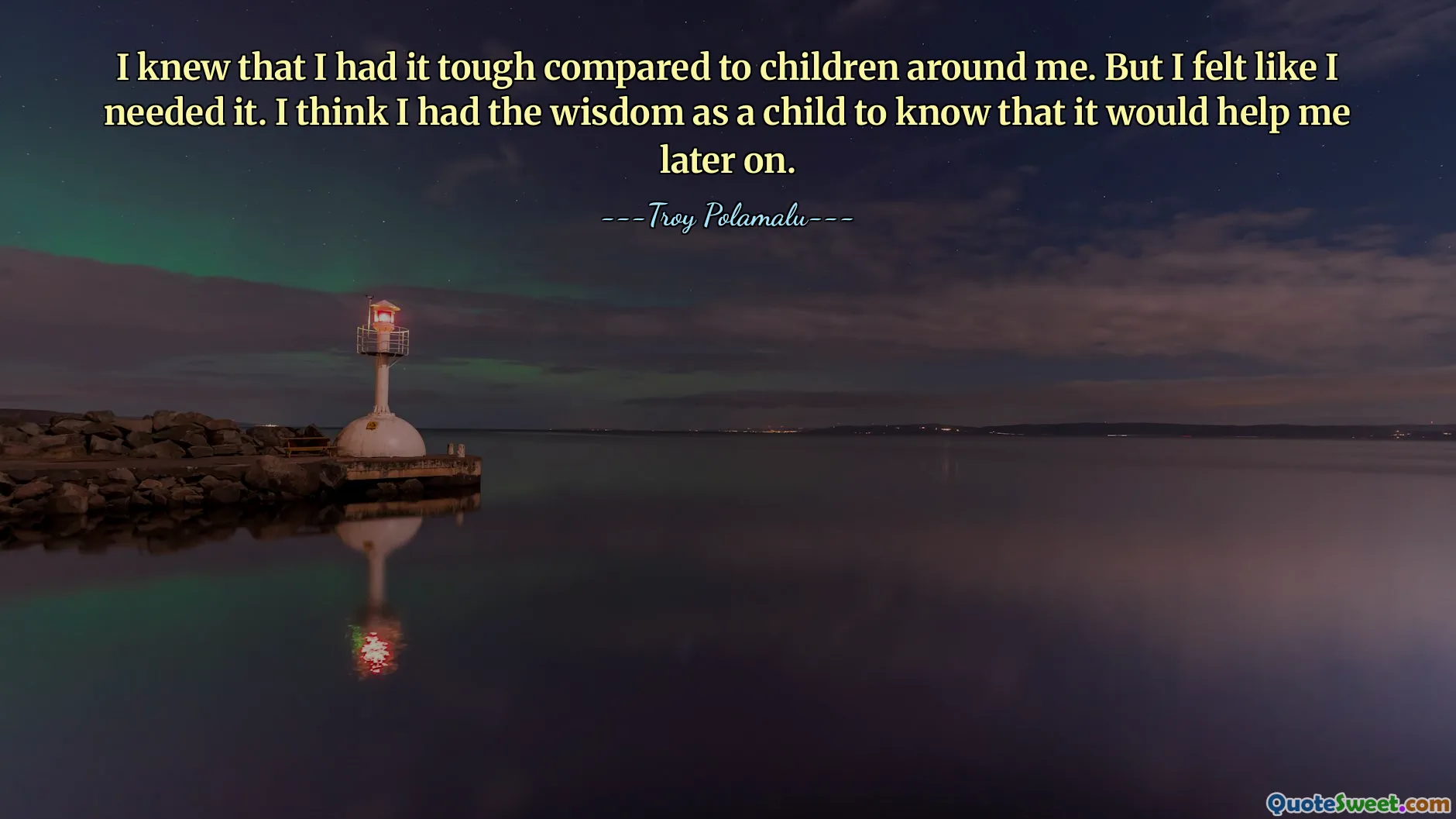
I knew that I had it tough compared to children around me. But I felt like I needed it. I think I had the wisdom as a child to know that it would help me later on.
The quote beautifully encapsulates a profound understanding of adversity from a child's point of view. It reflects an unusual maturity, as the speaker recognizes the challenges they faced were harsher than those of their peers, yet simultaneously embraces those hardships as necessary experiences. This dual perception underscores a kind of resilience that many strive for but few consciously cultivate from such a young age.
What stands out profoundly is the speaker's wisdom as a child, an often underappreciated perspective that many adults should revisit. Children are frequently dismissed as incapable of deep insight, yet this quote challenges that assumption by showing a child’s foresight into how present struggles are investments in future strength and character. It suggests a maturity that challenges societal norms about childhood innocence and vulnerability by elevating the understanding of adversity as a crucial component of growth.
Moreover, this reflection invites us to reconsider our current views on hardship. It suggests that challenges, rather than being merely obstacles to overcome, serve a vital role in shaping our future selves. The speaker accepts their difficulties not with resentment but with a sense of purpose, signifying a mindset that transforms suffering into a stepping stone toward personal development. This perspective encourages a shift from a victim mentality to one of empowered intentionality.
Additionally, it touches on the theme of self-awareness and acceptance. Recognizing that one’s struggles were "needed" and valuable for growth points to a journey of self-understanding that not only reconciles pain but finds meaning in it. This acceptance can be a powerful tool in fostering mental and emotional well-being, allowing an individual to embrace their narrative with dignity and hope.
Ultimately, the quote from Troy Polamalu serves as a powerful reminder that adversity can hold inherent value, especially when perceived through the lens of wisdom and future benefit. It challenges us to nurture the kind of inner strength that turns struggles into opportunities for growth and learning. For anyone reflecting on their challenges, this quote encourages a perspective that honors the past not as a source of sorrow, but as a foundation for a stronger, wiser future.






